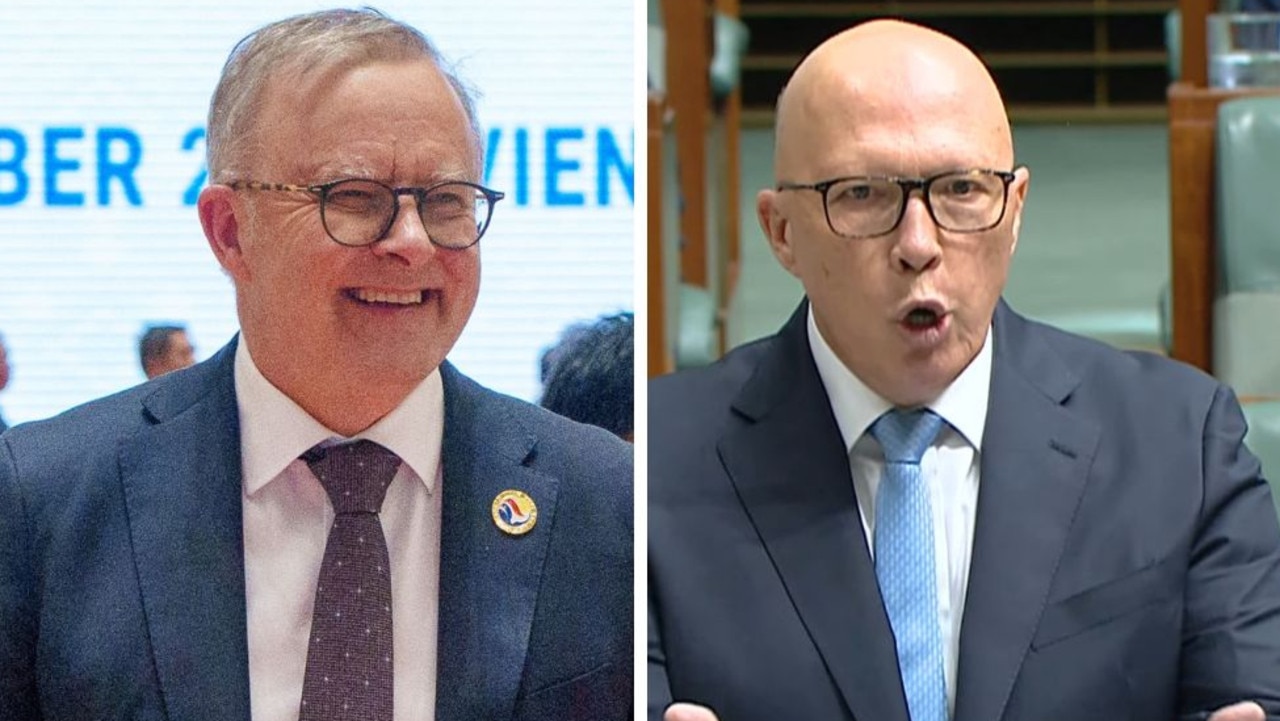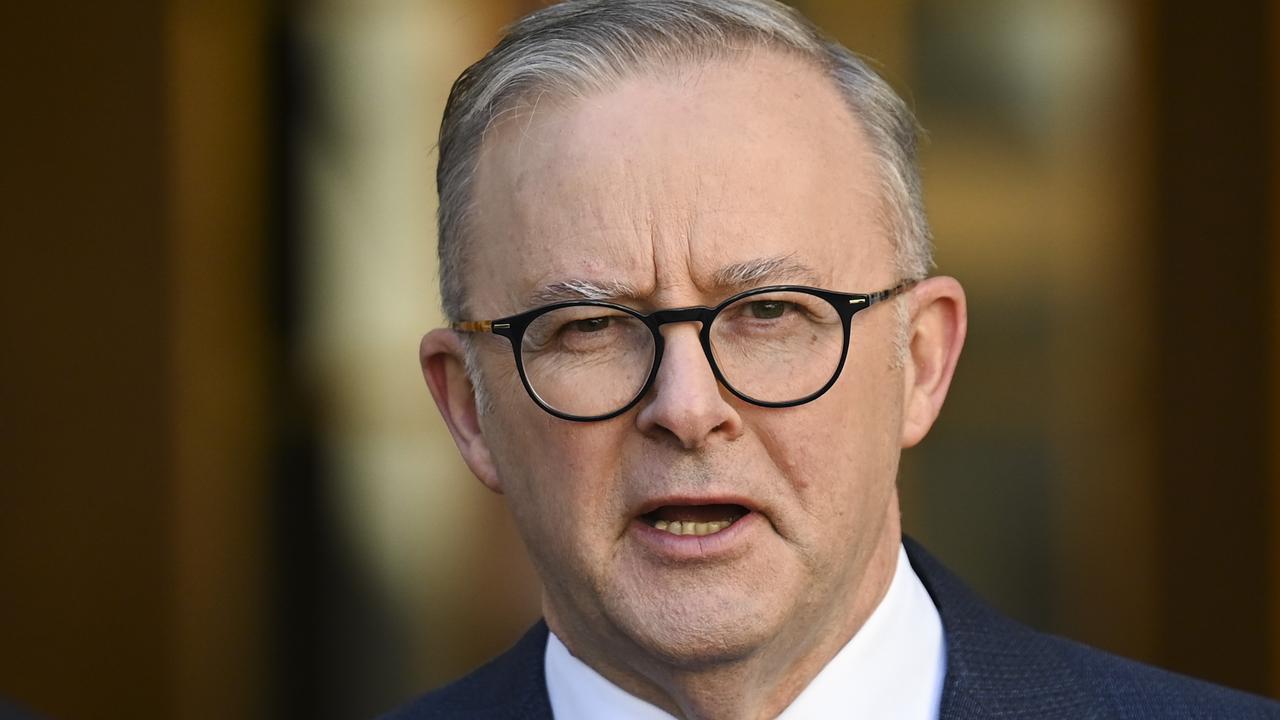Patrick Carlyon: Australia may be open but will the travellers come?
Who could blame the world for shying away from “Fortress Australia”? Closed borders for two years may have made us feel safer, but it did not inspire trust abroad.
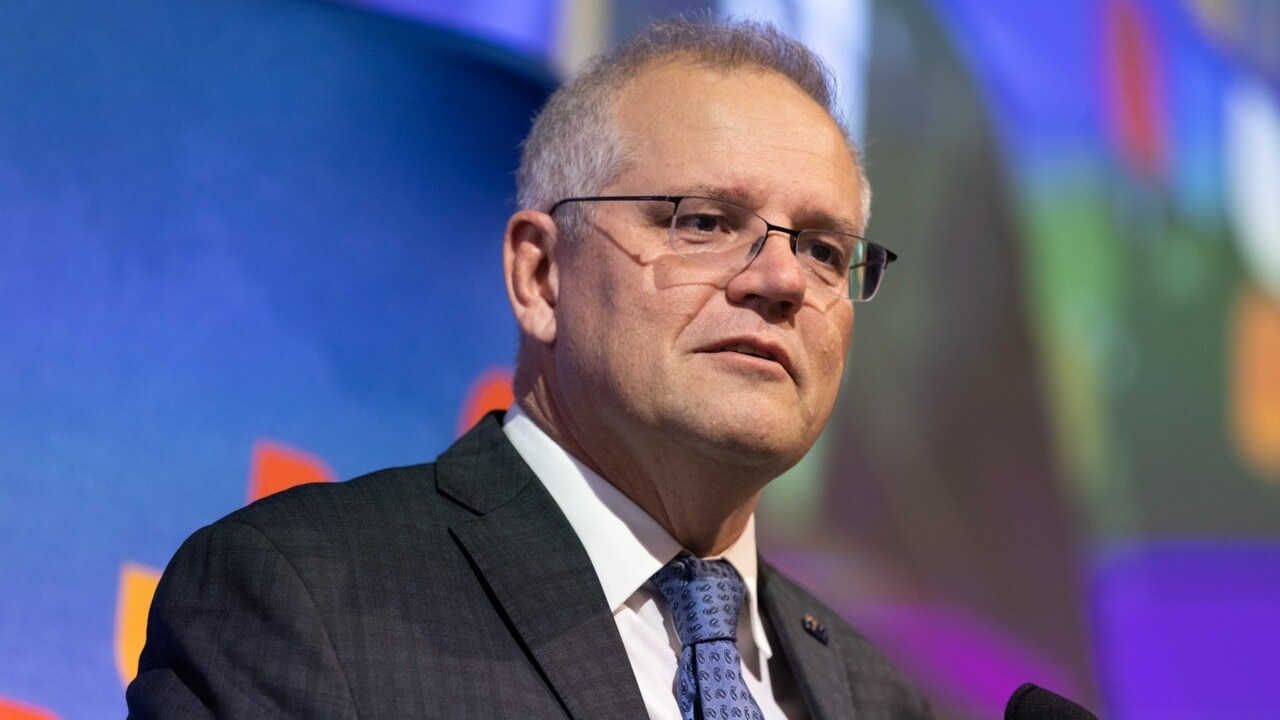
Patrick Carlyon
Don't miss out on the headlines from Patrick Carlyon. Followed categories will be added to My News.
There are many reasons why I did not seek to travel to Queensland over summer, but the main one can be reduced to two words: Annastacia Palaszczuk.
I have many unkind names for the premier and her cynical willingness to cultivate people’s fears for political advantage.
She embodies a character lifted from the writings of H.L Mencken, the satirist from Baltimore, who once said of politicians: “The urge to save humanity is almost always a false front for the urge to rule.”
The point is that you could not trust Palaszczuk to not change her mind.
Our soon-to-be opened borders to international visitors may confront similar problems of perception.
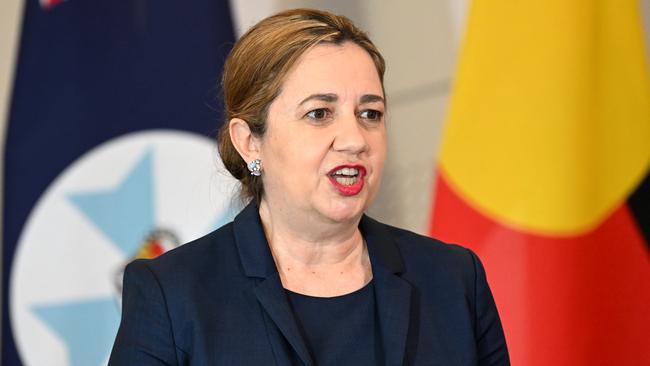
The notion of Fortress Australia succeeded in stemming Covid spread.
Yet closed borders for almost two years, with almost no exceptions, understandably inspired mistrust from abroad.
Prospective arrivals might well be asking: What if that faraway nation of hermit folk decides to close again?
Look what happened to Novak Djokovic, they might ask, given his January visit exposed the overlapping tyrannies of distance and disorganisation.
Tourism Australia boss Phillipa Harrison has alluded to these international suspicions.
Australia’s hardline policies have been a “little bit ridiculed”, she said earlier this week.
She told a newspaper that the world didn’t understand why it could not see family or friends or come to Australia to study.
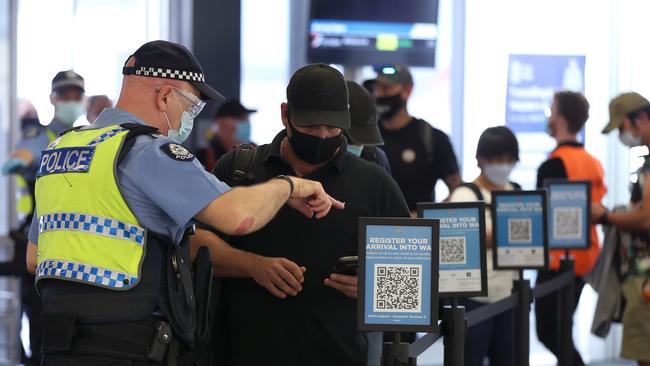
These fears will figure heavily in the number of arrivals once the border officially opens on February 21.
Who could blame the world for shying from Australia much as many Victorians came to mistrust Palaszczuk’s Queensland?
National unity is also fragmented by Western Australia, where they earnestly speak of a pandemic’s beginning because they rejected the outside world and its lurgies for so long.
Who will travel to WA when only 530 internationals will be allowed a week, and all of them will be forced to quarantine for a week?
Qantas chief Alan Joyce greeted the opening announcement with understandable joy about being “finally back open for business”.
But will they come?
It’s a long way to be turned around, or detained, once you arrive. If Fortress Australia made us feel safer, it also encouraged the world to abandon the Australian option.
Prime Minister Scott Morrison has sought to sound unambiguous on opened borders.
His government wisely opted for two jabs, as opposed to the third booster, as a condition of entry.
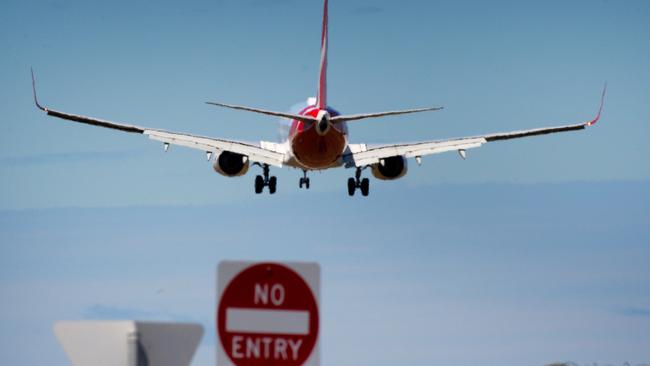
Yet who will overlook the horror stories, featuring Queensland and WA primarily, when loved ones on mercy dashes to say goodbye to the terminally ill, were not only trapped in quarantine but also charged for the accommodation?
Surely there will be a price for years of prescriptive policy, noticeably devoid of compassion, which allowed almost no exceptions.
You’ll hear lots of rhetoric about national identity, resilience and mateship in upcoming election campaigns.
Yet elsewhere, Australia has sounded like a place where rules are rules, no matter how silly they are. As Mencken once observed: “For every complex problem there is an answer that is clear, simple, and wrong”.
“Where the bloody hell are you?” the tourism campaign once asked.
The world may well reply: “Why the bloody hell would I?”


